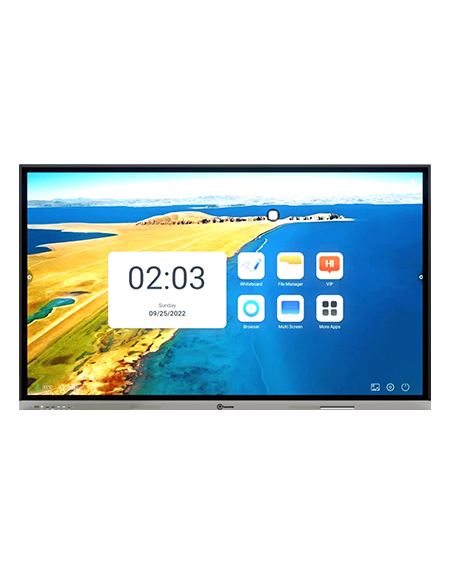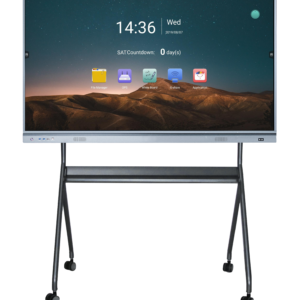Glass as a Building Material: A Look at Its Advantages and Disadvantages
Glass has been used in construction for centuries, and today, it is considered as one of the most versatile building materials. It has become increasingly popular due to its unique aesthetic qualities, energy efficiency, and sustainability. This post will explore the advantages and disadvantages of using glass as a building material, and provide answers to some frequently asked questions.
Advantages of Glass as a Building Material
Natural Lighting and Energy Efficiency
One of the biggest advantages of using glass in construction is the ability to let natural light into the building. This is not only visually appealing but also reduces the need for artificial lighting during the day, resulting in significant energy savings. Additionally, glass can be coated with low-emissivity (low-e) coatings that can reflect heat, helping to regulate the temperature inside the building.
Aesthetics
Glass can be used to create a visually stunning building that blends into the surrounding environment. It can be formed into a variety of shapes and sizes, giving architects the freedom to create unique and eye-catching designs. Additionally, glass can be tinted or frosted, allowing for privacy while still allowing natural light to enter.
Durability and Low Maintenance
Modern glass technology has significantly improved the strength and durability of glass. Tempered or laminated glass is used in most modern buildings, which makes it more resistant to impact, wind, and other environmental factors. Additionally, glass is easy to clean and maintain, making it a preferred choice for commercial and residential properties.
Disadvantages of Glass as a Building Material
Cost
The initial cost of installing glass can be significantly higher than traditional building materials like brick or concrete. Additionally, glass is fragile and prone to breakage, which can increase repair and replacement costs.
Energy Efficiency in Extreme Weather
While glass can be energy-efficient in moderate climates, it may not be the best choice for buildings in areas with extreme weather conditions. In cold climates, glass can lose heat quickly, leading to higher heating costs. In hot climates, the opposite is true, with glass allowing in too much heat, which can lead to higher cooling costs.
Safety and Security
Despite advances in glass technology, it remains a fragile material that can be easily broken. This can pose a safety risk in the event of breakage, especially for buildings located in high traffic areas. Additionally, glass may not be the best choice for buildings that require high levels of security, such as banks or government buildings.
FAQs about Glass as a Building Material
Can glass be used for exterior walls?
Yes, glass can be used for exterior walls, but it is important to ensure that it is properly insulated to ensure energy efficiency and to protect against extreme weather conditions.
Is glass environmentally friendly?
Glass is considered to be environmentally friendly because it is made from abundant and recyclable materials. Additionally, it can help reduce energy usage by allowing natural light into the building.
Can glass be soundproof?
While glass is not naturally soundproof, it can be made to reduce noise by using double or triple panes and laminated glass.
Can glass be used for flooring?
Yes, glass can be used for flooring, but it requires a special type of glass that is tempered for safety and durability.
Conclusion
Overall, glass is an excellent building material with many advantages, including natural lighting, aesthetics, and low maintenance. However, it also has some disadvantages, including high cost, energy inefficiency in extreme weather, and safety and security concerns. Architects and builders need to weigh these factors carefully when deciding whether to use glass in their construction projects. Ultimately, the choice of building material will depend on a variety of factors, including the location, climate, and desired aesthetic




Comments
Post a Comment